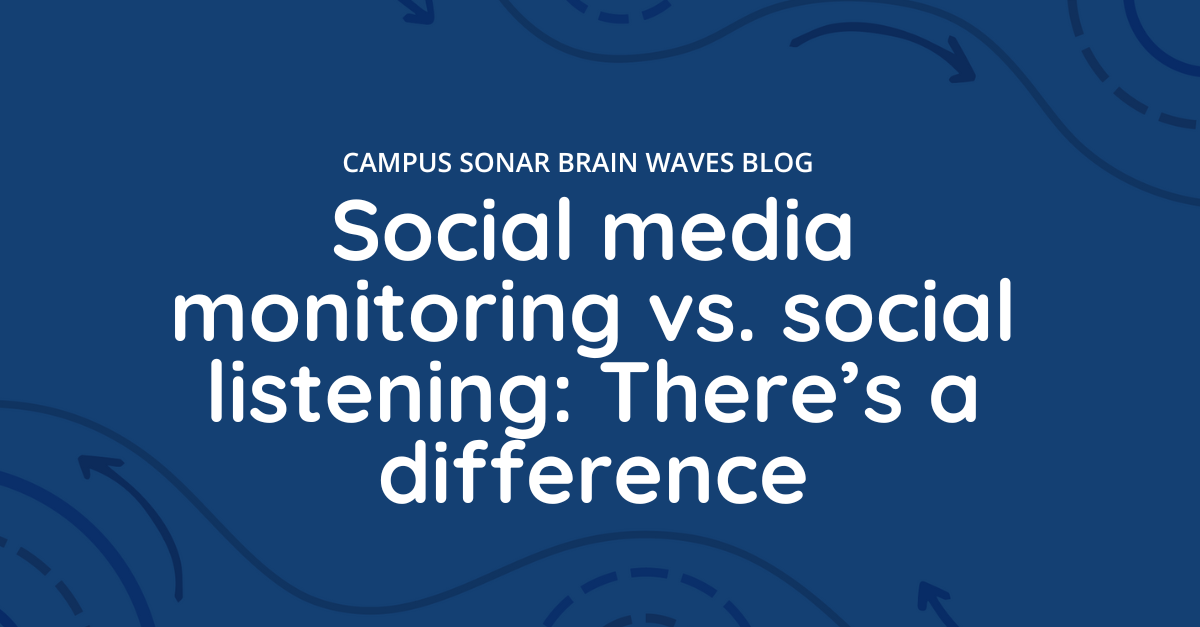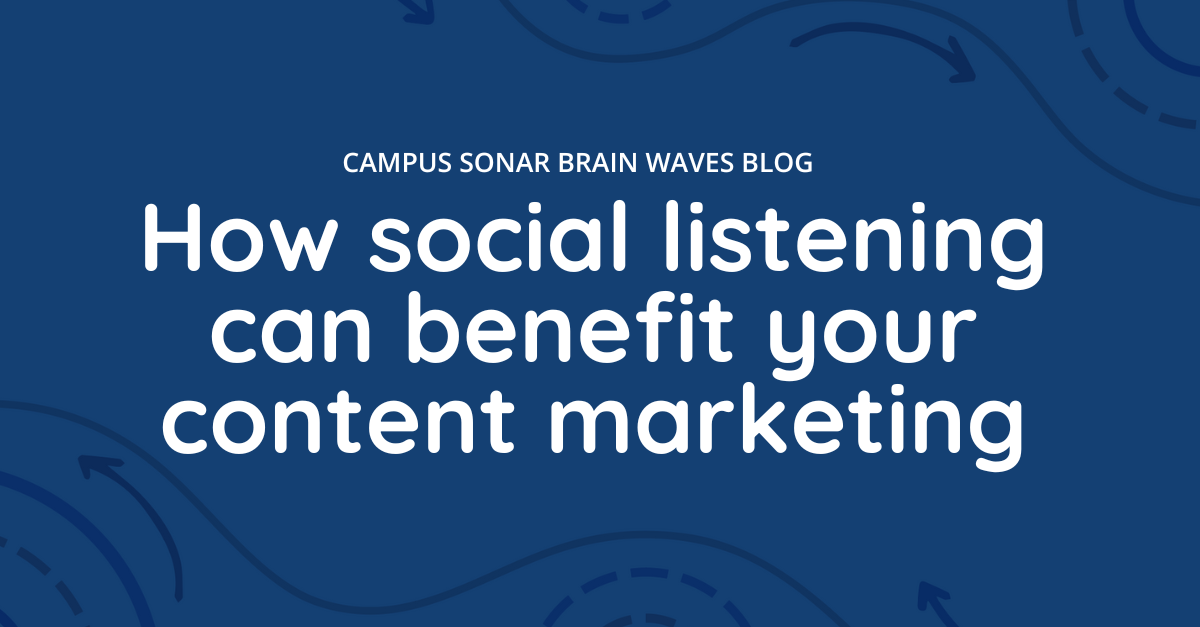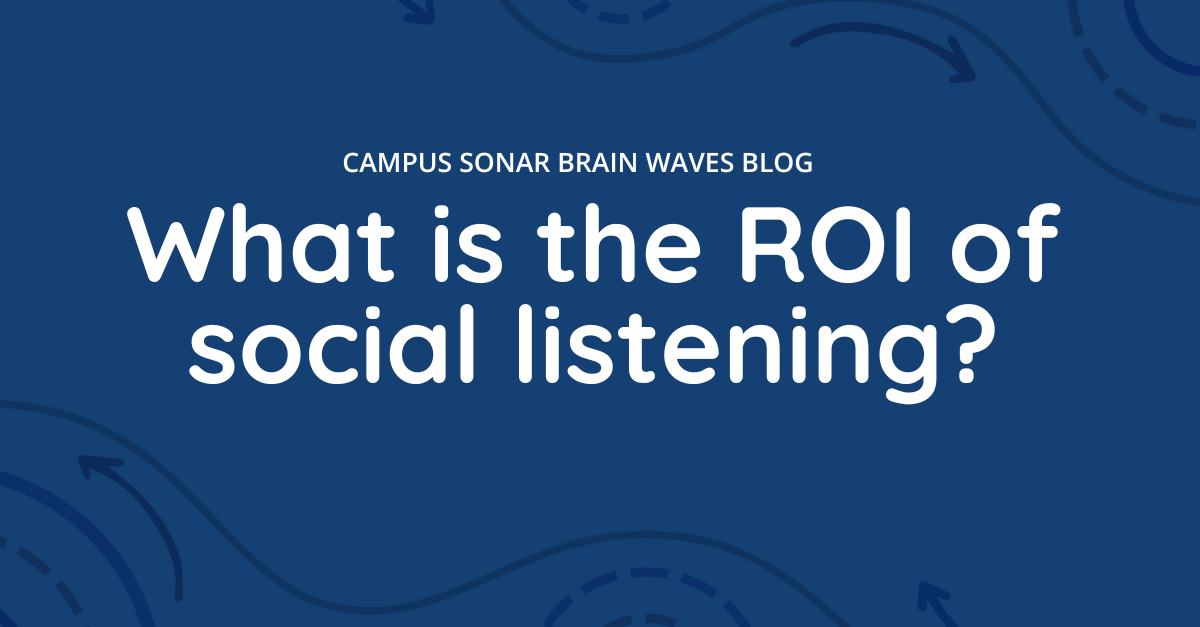
Influencer Marketing Connects Campuses to Gen Z Students
January 9, 2019
Meet Generation Z—your new target audience. They’re true digital natives, fiscally conscious, and heavily influenced by their peers.

January 9, 2019
Meet Generation Z—your new target audience. They’re true digital natives, fiscally conscious, and heavily influenced by their peers.

December 12, 2018
“Geez! I heard you, Mom!”
“Yes, but were you actually listening?”
Ah, this is a conversation some of us may have had with our parents (or kids!). And it’s true. There’s a nuance between “hearing” and “listening.” In communication classes, you may have discussed these differences.

December 5, 2018
Social media is now pervasive in everyday life—roughly two-thirds of U.S. adults use Facebook, Instagram, or both. With so many users, the platforms are constantly evolving. This is especially true with recent privacy concerns over public vs. private information. The changes to data privacy are important in helping you recognize what can and can’t be analyzed to gain valuable insights about your institution. This super technical post can help you understand the data sources we’re able to gather in our social listening analysis. And if you make it past the nerd-speak, we’ll fill you in on what the changes mean for Campus Sonar’s data, the impact on higher education, and how we’re looking forward to help you achieve better outcomes.

October 31, 2018
In light of shifting demographics in higher education, marketers are increasingly asked to reach and influence new types of prospective students—students difficult to reach using traditional higher education marketing tactics *cough* list buying *cough.*

October 24, 2018
For several years now, great schools (like University of Central Florida) have been recruiting and training student influencers. At Juniata College, we do the same and have been for several years. Much to our delight, some of our student influencers have gone on to become social media and marketing managers at nonprofit organizations, visitors’ bureaus, colleges, and agencies across the U.S., which led us to some unanticipated partnerships lasting well beyond graduation.

October 17, 2018
ROI. Everyone likes to ask for it, yet few report it. That’s because it’s hard to quantify both sides of the Return on Investment equation in higher education. The investment should be easy enough: staff time, software, marketing expenses, supplies and materials, vendors/consultants are the most common components of an investment. The return poses more difficulty, as it can take years to materialize (e.g., a major gift, a life-long donor, or an enrolled and retained student). But Campus Sonar and EverTrue are up to the challenge. Let’s talk about the ROI of social listening.